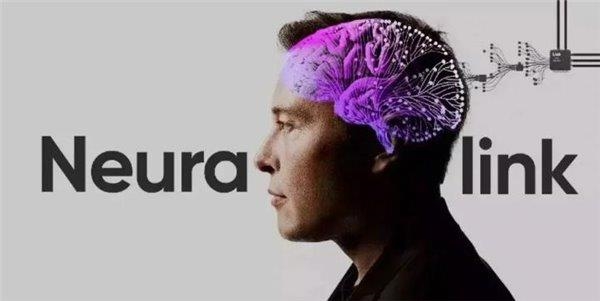
Elon Musk's Neuralink has reportedly made a major breakthrough. The company's brain-computer interface device, Link, recently received a "breakthrough device" certification from the U.S. Food and Drug Administration (FDA), bringing an innovative communication solution to patients with severe speech disorders. This certification marks a new stage in the integration of human cognition and technology.
The device is primarily intended for patients with neurological diseases such as amyotrophic lateral sclerosis (ALS), stroke, and spinal cord injury. A recently published case shows that ALS patient Bradford Smith, the third participant in the PRIME study, successfully restored his ability to communicate by implanting a Link device. What's amazing is that not only can he control the cursor on his computer and type text with his thoughts, but he also expresses himself with an AI-synthesized personal voice and even completed editing a demo video on his own.
"I'm typing this in my head. It's my main means of communication right now," Smith captioned the video. Compared to the eye-tracking devices we have relied on in the past, Link brings greater freedom of use and environmental adaptability.
Neuralink's technology layout is expanding rapidly. In addition to restoring language function, its vision recovery device "Blindsight" also received FDA breakthrough certification in 2024. The company is currently expanding its scope of patient recruitment around the world and is focusing on advancing the PRIME basic function study and the CONVOY external device control study.
According to a person familiar with the matter, Neuralink is preparing a new funding round of up to $500 million with a pre-investment valuation of approximately $8.5 billion. This series of progress not only demonstrates the great potential of brain-computer interface technology, but also brings unprecedented hope to patients with neurological diseases. As the scale of clinical trials expands, this groundbreaking technology has the potential to revolutionize the quality of life of patients with severe language disorders.